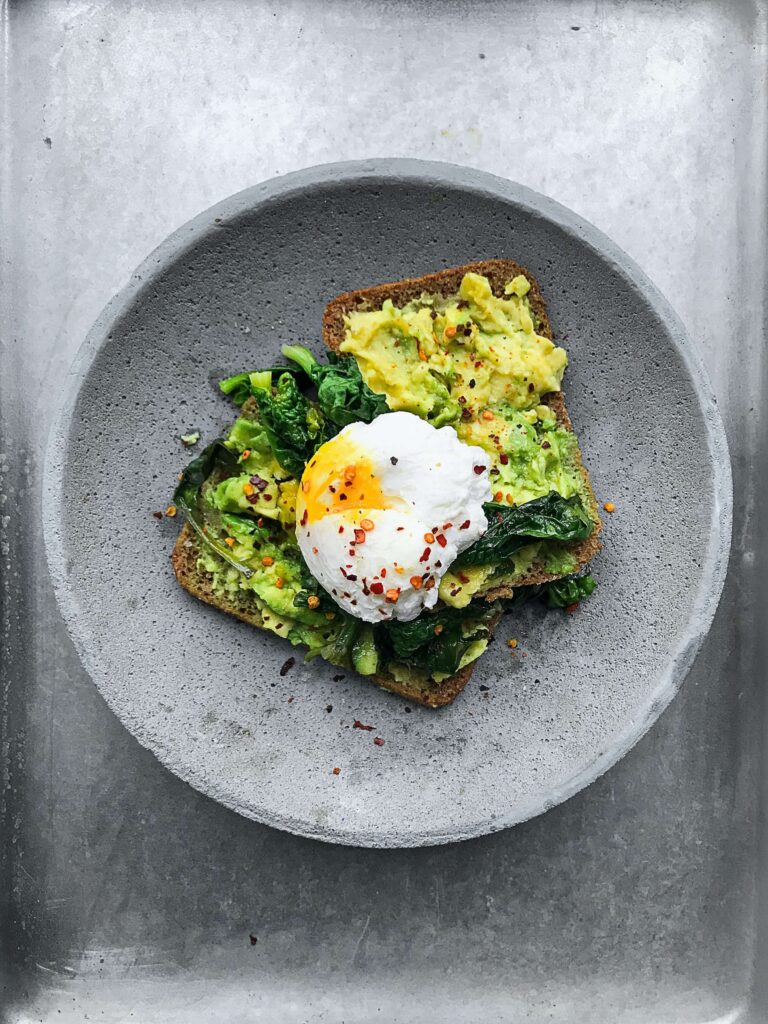Considered the building blocks of life, proteins reside in every cell of the body. From reducing cravings to boosting metabolism and lowering blood pressure, protein has an impressive job profile.

Highlights
- The amount of protein we need depends on our weight, lifestyle and body type,
- One of protein’s many roles is to make sure you feel full after eating. Protein takes longer to break down than carbs and other foods, and so it keeps you full for longer,
- Research suggests that you should be consuming at least 1 gram of protein per kilogram of your body weight each day in order to fight off illnesses and infections.
Proteins are made up of amino acids which, when joined together, form long chains, and these chains work together to complete many important functions, including growth and maintenance, causing biochemical reactions, acting as chemical messengers, providing structure, maintaining proper pH, among many others.
People usually struggle with protein intake. If you are feeling sluggish and run down, you may be lacking protein. As per health and fitness coach Mary Caroline, protein helps to burn fat within our bodies. Makes you want to learn how to get the proper amounts of protein, doesn’t it? Some examples of protein-packed alternatives include cottage cheese, Greek yoghurt and quinoa.
Now let us explore the signs that suggest you’re not eating enough protein, so we know when to up our intake!
Signs that your body needs more protein
1. You feel hungry immediately after eating
One of protein’s many roles is to make sure you feel full after eating. Protein takes longer to break down than carbs and other foods, and so it keeps you full for longer. So, if you’re still feeling peckish after eating, maybe you should consider upping your protein intake!
2. You constantly crave sugary foods
One of protein’s key functions is to help stabilize your blood sugar levels. If you find yourself craving sugary foods even though you’re eating plenty, think about how much protein you’re consuming and whether you need to increase the amount. Try substituting your carb-heavy snack for a protein-packed alternative such as a handful of nuts or a hard-boiled egg? These alternatives will kill your hunger while also being nutritionally rewarding!

3. You face issues with your skin, hair and nails
People who are protein-deficient often start to notice changes in their skin, hair and nails. Those with kwashiorkor (the most severe form of protein deficiency, most commonly seen in children in developing countries) can be distinguished by their flaky, splitting skin and patches of redness or depigmentation. Thinning hair, alopecia, faded hair colour and brittle nails are also common signs of this condition. If you spot these signs, then it might be time to up your protein intake, as they only tend to appear in those who are suffering from a severe protein deficiency!
4. You fall ill often
Protein is essential to maintaining a healthy immune system. Research suggests that you should be consuming at least 1 gram of protein per kilogram of your body weight each day in order to fight off illnesses and infections. If your protein levels are low and you become ill, your body will likely take much longer to recover because of the inability of your immune cells to build a strong enough defence against the invading pathogens.
5. You notice abnormal swelling in the body
If you’ve noticed parts of your body becoming swollen without explanation, then it could be a condition of protein deficiency termed oedema, also known as dropsy, which sees the collection of excess fluid collected in the body’s tissues/cavities. Still, given that there are several other factors that can cause oedema, you must consult with your doctor too.
Oedema is characterized by swollen, puffy skin. Scientists believe that it can be caused by low levels of albumin, which is the most abundant protein in the liquid part of the blood. Reduced levels of albumin can cause fluid to accumulate in the tissues, which in turn causes swelling.
6. You feel tired and struggle to concentrate
Do you find yourself feeling tired all the time and struggling to focus? This may be a sign of protein deficiency. Protein contains tryptophan, which your body needs to produce serotonin, the ‘happy hormone’, known for fighting emotional fatigue. Without protein, it is harder to produce serotonin, which contributes to making you feel exhausted.
Protein-rich foods also contain tyrosine, which the brain uses to make adrenaline and noradrenaline, the chemicals that keep you feeling alert and motivated. Without them, you may struggle to focus on everyday tasks, so it’s important to keep your protein levels up to avoid this!
7. You notice a loss of muscle mass
The largest accumulation of protein in the body is in your muscles. When someone is lacking protein in their diet, the body starts to take it from these reserves in order to preserve more essential tissues. As a result, you may start to notice a loss of muscle mass over time, as your protein store becomes increasingly depleted.
Even in diets that are only moderately low in protein, you may see a change in muscle mass, particularly in elderly people. In fact, studies have shown that a higher protein intake may slow down the muscle degeneration that comes with old age.
8. You experience erratic mood swings
If you notice an increase in erratic mood swings, it may be a sign that you’re not consuming enough protein. Neurotransmitters are built from amino acids, which are the building blocks of proteins. Thus, without sufficient protein, your body also isn’t getting enough amino acids, meaning your moods may be affected. Studies have shown that people who eat a protein-rich diet may have lower levels of depression and anxiety than those on a low-protein diet.
How can we optimize protein intake?
Now that we are aware of the signs of protein deficiency, how do we go about optimizing our protein intake?
The amount of protein you require is based on your weight, lifestyle and body type. A person who weighs 50 kilograms but isn’t very active may only need 1 gram of protein per kilogram of body weight, meaning they’d only need 50 grams of protein a day. On the other hand, a very active person may need 1.2–1.3 grams of protein each day per kilogram of body weight to help them maintain muscle mass.
To increase our protein intake, it is advisable to opt for lean sources of protein such as seafood, legumes and pulses, as these don’t contain high levels of saturated fats and won’t increase your risk of high cholesterol.
Conclusion
To keep your mind and body healthy and happy, you should consume adequate amounts of protein. If your diet lacks protein, you are putting yourself at risk of many health issues, including a constant feeling of hunger; craving for sugary foods; skin, hair and nail problems; increased risk of infection and illness; abnormal swelling; feeling tired and struggling to concentrate; loss of muscle mass; and erratic mood swings.
To avoid protein deficiency, make sure to include protein-rich foods in your diet. By doing so, not only will you avoid health issues such as loss of muscle mass and oedema but you will also feel less tired, more motivated and a lot happier. Focus on lean protein like seafood, chicken and pulses, and you will find yourself on the right track to more protein in your diet and better health overall!
Disclaimer: The contents of this article are for general information and educational purposes only. It neither provides any medical advice nor intends to substitute professional medical opinion on the treatment, diagnosis, prevention or alleviation of any disease, disorder or disability. Always consult with your doctor or qualified healthcare professional about your health condition and/or concerns and before undertaking a new healthcare regimen including making any dietary or lifestyle changes.
References
- https://www.bustle.com/p/15-subtle-signs-that-you-might-need-to-eat-more-protein-every-day-42669
- https://www.cosmopolitan.com/uk/body/diet-nutrition/advice/a36145/signs-you-need-more-protein/
- https://www.healthline.com/nutrition/protein-deficiency-symptoms#TOC_TITLE_HDR_3
- https://fitpage.in/signs-that-your-protein-intake-is-low/?type=article
- https://www.webmd.com/diet/ss/slideshow-not-enough-protein-signs







